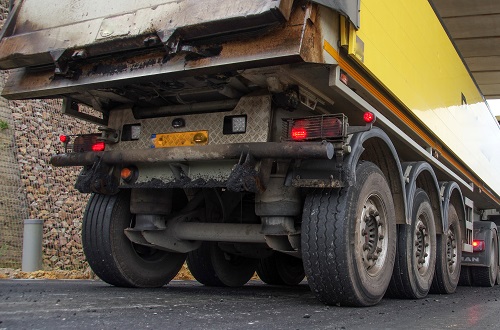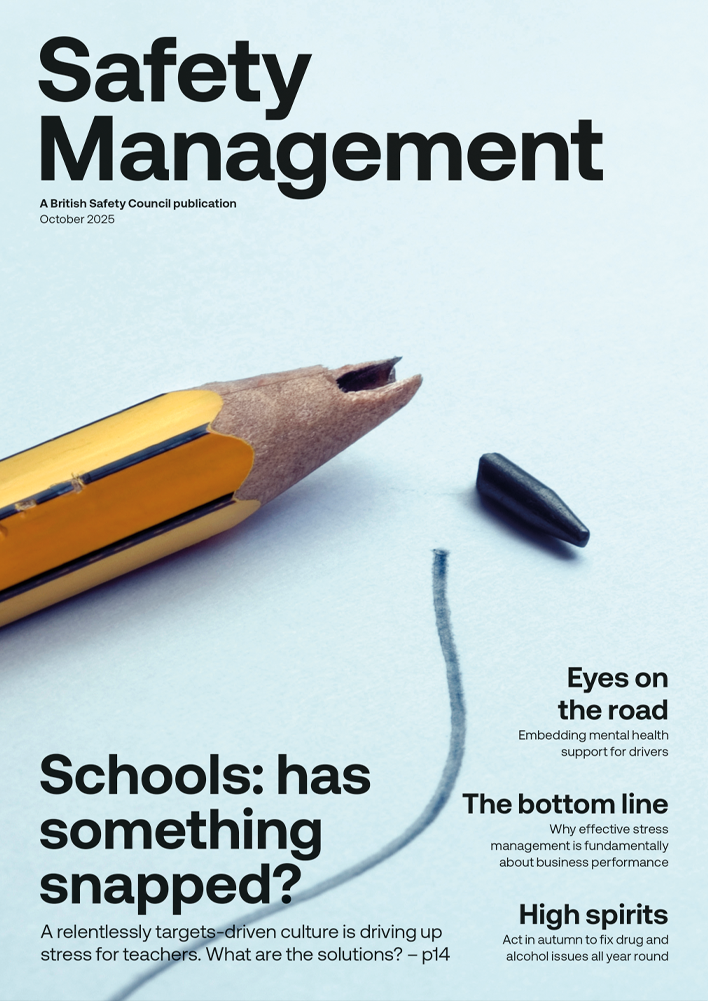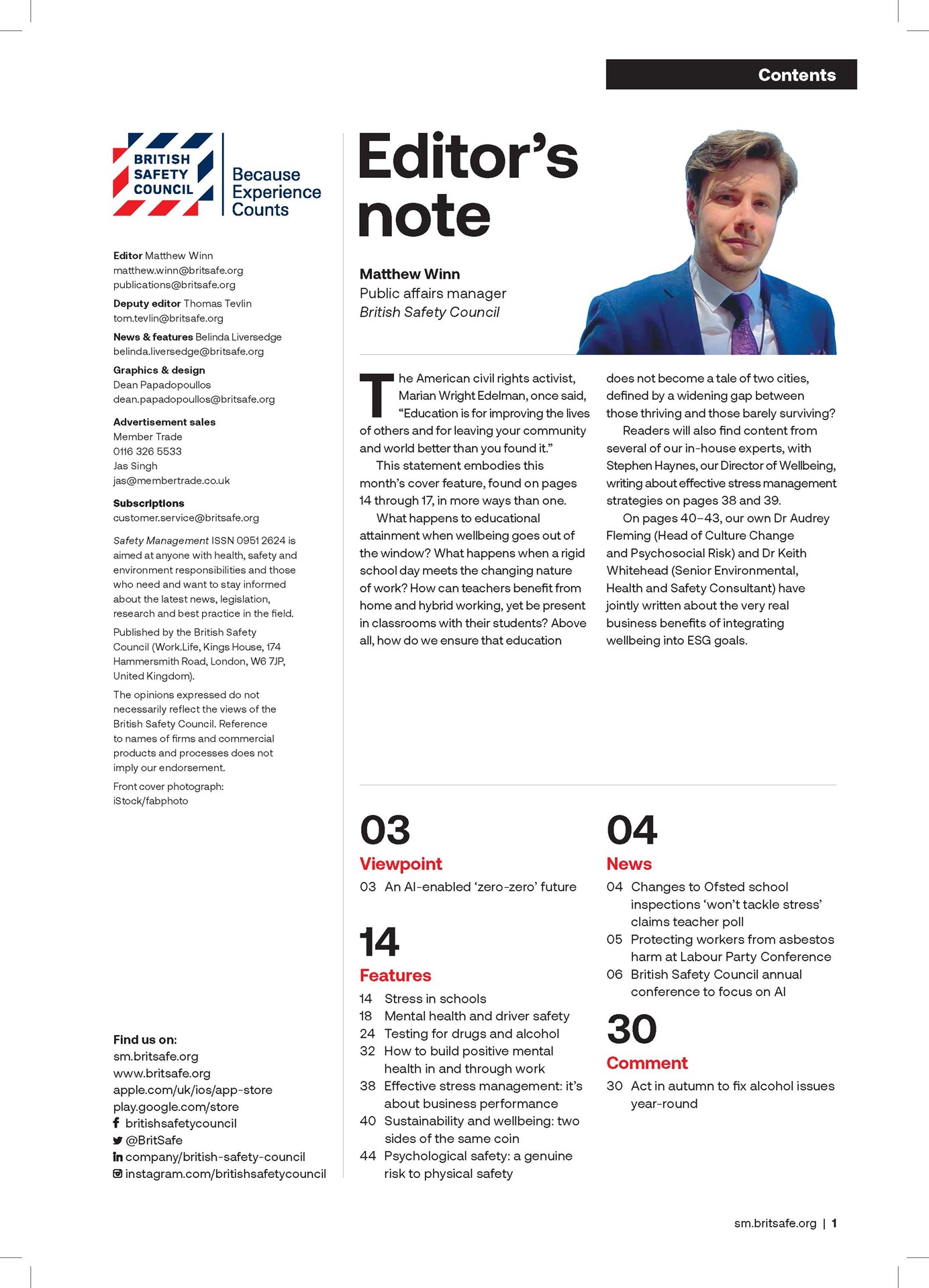Almost half of UK tradespeople view asbestos as a problem of the past and more than a quarter have not followed the correct removal procedures when they have encountered the deadly material, according to new research.
News
New research reveals ‘alarming’ lack of awareness about the dangers of asbestos
A survey of 500 tradespeople, commissioned by training provider High Speed Training and conducted in September, found that 49 per cent of respondents felt that asbestos was a problem associated with the past. A further 50 per cent of those surveyed said that asbestos had become less of a concern the longer they had spent in their trades, with 26 per cent of respondents stating that they had not followed the correct procedures to remove asbestos when they came across it.
 Photograph: iStock
Photograph: iStock
Asbestos-related diseases claim the lives of around 5,000 people a year in the UK and the carcinogenic material is the greatest cause of work-related deaths, according to the Health and Safety Executive (HSE). When asbestos is disturbed, invisible fibres are released which, when inhaled, can cause incurable cancers such as mesothelioma to develop decades later.
Despite being banned almost 25 years ago, it is estimated that asbestos is still present in up to 1.5 million buildings across the UK. Earlier this year, HSE launched a campaign to raise awareness of the dangers of asbestos, to run alongside its ‘Asbestos and You’ campaign, designed to act as a guide to tradespeople about the risks of asbestos and the legal responsibilities when it comes to handling the material.
But that message is still not getting through. More than half (55 per cent) of those surveyed by High Speed Training either disagreed with or were unaware of the fact that asbestos is the biggest workplace killer. Of the 26 per cent of respondents who said they had not followed the correct asbestos-removal procedures, 55 per cent said it was too expensive to do so while more than a quarter said their boss or supervisor had told them to get rid of the material themselves. Forty-six per cent of those surveyed said they believed that asbestos training was insufficient.
Alongside the tradespeople survey, 500 members of the public were asked about their attitudes towards asbestos. Almost 70 per cent of respondents said they had never been concerned about asbestos at home or in the workplace.
The findings have prompted Mesothelioma UK, High Speed Training and Independent Asbestos Training Providers (IATP) to write a joint letter to UK education secretary Bridget Phillipson, urging the Department for Education to make asbestos awareness training compulsory for the next generation of tradespeople.
“The purpose of this open letter is to ensure that those entering into careers that have the highest chances of encountering [asbestos] have all the necessary information embedded into their education, so that they can protect themselves and those around them, now and in the future,” said Dr Richard Anderson, head of learning and development at High Speed Training. “This is a public interest issue and we’re asking for the relevant government body to do its part in aiding the future safety of everyone that could be impacted.”
NEWS

Top jobs in safety in greatest demand right now, says recruiter
By Belinda Liversedge on 29 October 2025
Senior safety professionals who can influence culture, lead transformation, and align health and safety with wider business goals are in growing demand by employers, the recruiter Irwin & Colton have said.

HSE inspectors target Manchester construction sites as part of health drive
By Belinda Liversedge on 28 October 2025
HSE inspectors made a series of proactive inspections last week in Manchester city centre to tackle ill-health on construction sites.

Headline fines highlight common errors in reversing
By Belinda Liversedge on 24 October 2025
Reversing incidents have come into sharp focus in recent months, says HSE with two high profile fines totalling £3.5 million for the death of two workers.



